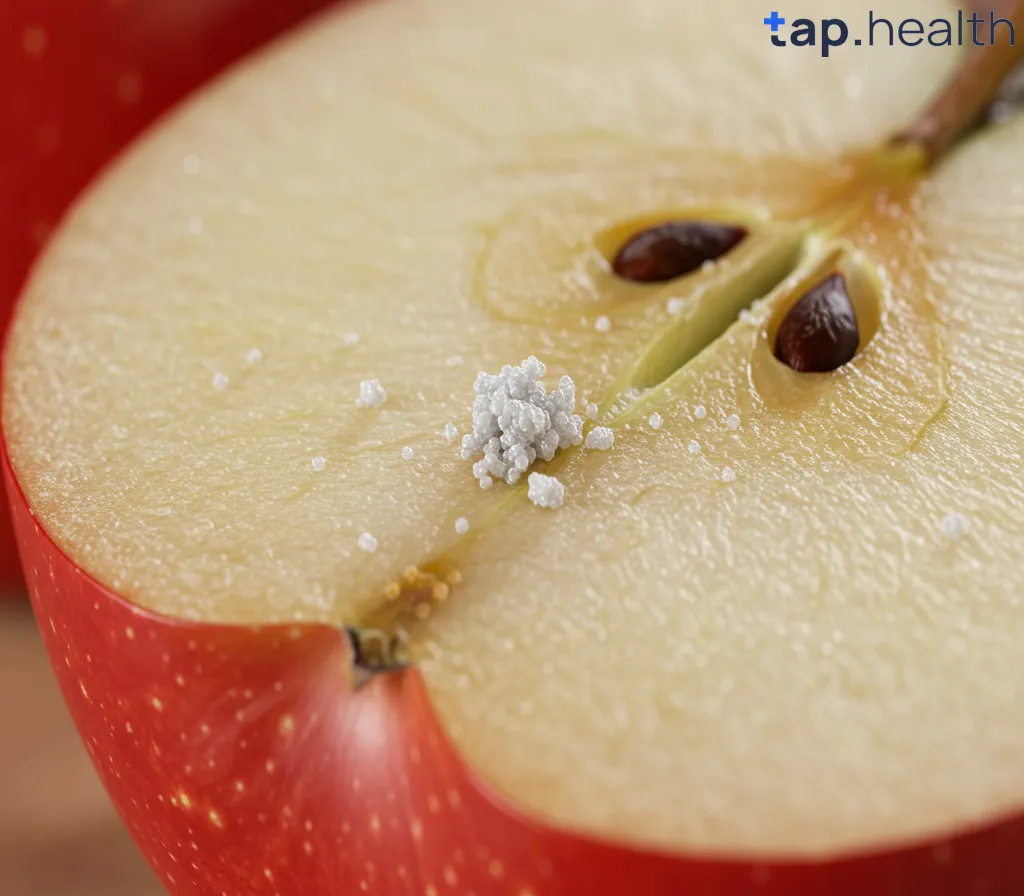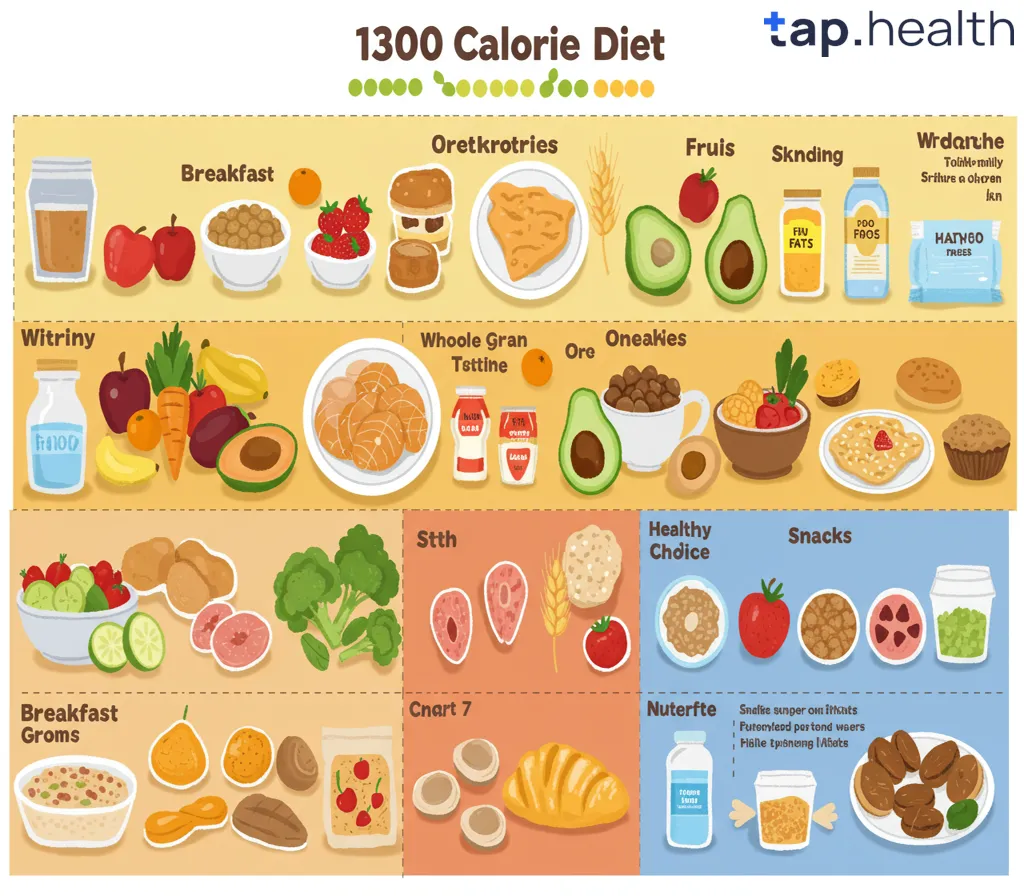Apples are one of the most popular and widely consumed fruits around the world. They are not only delicious but also packed with nutrients that offer numerous health benefits. When it comes to vitamins, one of the most important nutrients that people look for is Vitamin C, known for its immune-boosting and antioxidant properties. But how much Vitamin C does an apple actually contain, and how does it compare to other fruits?
In this detailed blog post, we will dive deep into the Vitamin C content of apples, explore the various health benefits they offer, and compare apples with other sources of Vitamin C. By the end of this article, you’ll know exactly how much Vitamin C is in an apple and why this fruit is a great addition to your diet.
What is Vitamin C and Why is it Important?
Before we look at how much Vitamin C is in an apple, it’s important to understand what Vitamin C is and why it’s so beneficial for your health.
What is Vitamin C?
Vitamin C, also known as ascorbic acid, is a water-soluble vitamin that your body needs to function properly. It’s an essential nutrient, which means your body cannot produce it on its own, so you need to get it from food or supplements.
Vitamin C plays many critical roles in the body:
- Immune Support: It helps strengthen the immune system, enabling your body to fight infections more effectively.
- Antioxidant Properties: Vitamin C is a powerful antioxidant that helps protect your cells from damage caused by free radicals, reducing oxidative stress and the risk of chronic diseases.
- Skin Health: It is essential for the production of collagen, a protein that helps maintain skin elasticity and healing, which is why Vitamin C is often linked to anti-aging benefits.
- Iron Absorption: Vitamin C enhances the absorption of non-heme iron (iron from plant-based foods), making it important for people on plant-based diets.
- Wound Healing: Adequate Vitamin C intake is needed for proper wound healing and tissue repair.
Now that we understand why Vitamin C is vital, let’s explore how much of it is found in apples.
How Much Vitamin C is in an Apple?
Apples, while not the highest source of Vitamin C, still offer a good amount of this essential nutrient. The exact amount of Vitamin C in an apple depends on the variety and size, but on average:
- A medium-sized apple (about 100 grams) contains about 5 mg of Vitamin C.
- This amount can vary slightly depending on the apple variety, as some types may contain slightly more or less Vitamin C.
While this may seem like a small amount compared to other Vitamin C-rich fruits like oranges or strawberries, apples are still a valuable source of Vitamin C, especially when consumed as part of a balanced diet with other fruits and vegetables.
Comparing the Vitamin C Content in Apples with Other Fruits
Now that we know the Vitamin C content of an apple, let’s compare it with some other popular fruits that are also rich in Vitamin C. Here’s how apples stack up:
1. Oranges
- Vitamin C Content: One medium orange contains about 70 mg of Vitamin C.
- Comparison: Oranges are one of the best-known sources of Vitamin C, providing much more than an apple. However, apples still contribute to your daily Vitamin C intake.
2. Strawberries
- Vitamin C Content: One cup of sliced strawberries (about 150 grams) contains about 89 mg of Vitamin C.
- Comparison: Strawberries are a great source of Vitamin C, packing a significantly higher amount than apples.
3. Kiwifruit
- Vitamin C Content: One medium-sized kiwi contains about 71 mg of Vitamin C.
- Comparison: Like oranges, kiwis are also high in Vitamin C, offering much more than an apple.
4. Lemons
- Vitamin C Content: One medium lemon contains about 30–40 mg of Vitamin C.
- Comparison: Lemons are another citrus fruit that provides a decent amount of Vitamin C, though still more than an apple.
5. Papaya
- Vitamin C Content: One cup of papaya contains about 88 mg of Vitamin C.
- Comparison: Papayas are also an excellent source of Vitamin C, significantly outperforming apples.
6. Bell Peppers
- Vitamin C Content: One medium-sized bell pepper contains about 100 mg of Vitamin C.
- Comparison: Bell peppers are one of the richest plant-based sources of Vitamin C, far surpassing the amount found in apples.
While apples may not be the highest source of Vitamin C, they still offer many health benefits and are a valuable part of a healthy diet.
Other Nutrients in Apples
In addition to Vitamin C, apples are packed with other essential nutrients that contribute to overall health. Here are some key nutrients found in apples:
1. Dietary Fiber
- Apples are a great source of dietary fiber, especially if you eat them with the skin. A medium-sized apple provides about 4 grams of fiber, which helps with digestion, lowers cholesterol levels, and promotes satiety.
2. Potassium
- One medium apple contains around 150 mg of potassium, a mineral that helps regulate blood pressure, muscle function, and fluid balance.
3. Antioxidants
- Apples are rich in antioxidants, including flavonoids like quercetin, which have anti-inflammatory properties and help protect your cells from oxidative stress.
4. Vitamin A
- Apples contain small amounts of Vitamin A, which is essential for vision, skin health, and immune function.
5. B Vitamins
- Apples contain a small amount of B vitamins, including B6 and folate, which support energy production and brain function.
These nutrients make apples a great addition to any diet, contributing to heart health, digestive health, and overall wellness.
Health Benefits of Apples Beyond Vitamin C
Now that we know how much Vitamin C is in an apple, let’s explore the numerous other health benefits that come from eating this delicious fruit.
1. Boosts Heart Health
- The fiber, potassium, and antioxidants in apples are great for heart health. Eating apples regularly has been shown to reduce the risk of cardiovascular diseases by improving blood pressure, cholesterol levels, and overall heart function.
2. Improves Digestive Health
- The fiber in apples helps regulate bowel movements and promotes gut health. Soluble fiber, particularly pectin, helps absorb water in the intestines, softening stool and preventing constipation. This also supports the growth of beneficial gut bacteria.
3. Supports Weight Loss
- Apples are low in calories (about 95 calories per medium apple) and high in fiber, making them a great snack for weight management. The fiber content helps keep you full for longer, reducing overall calorie intake.
4. Helps Regulate Blood Sugar
- The fiber in apples, particularly soluble fiber, helps slow down the absorption of sugar, preventing spikes in blood sugar. This makes apples a great choice for people with diabetes or those looking to regulate their blood sugar levels.
5. Improves Skin Health
- The Vitamin C in apples, along with other antioxidants, plays a crucial role in maintaining healthy, youthful skin. Vitamin C helps with collagen production, reducing wrinkles and improving skin elasticity.
6. Prevents Certain Cancers
- Studies have shown that the antioxidants in apples may help reduce the risk of certain types of cancers, including lung and colorectal cancers. The flavonoids in apples, such as quercetin, have anti-cancer properties that help protect against cell damage.
How to Incorporate Apples into Your Diet
While eating apples on their own is always a healthy option, there are many other ways to incorporate this nutritious fruit into your diet:
- Add them to your cereal or oatmeal: Slice apples on top of your morning bowl of oatmeal or mix them into your cereal for added flavor and nutrients.
- Make a fruit salad: Combine apples with other Vitamin C-rich fruits like strawberries, oranges, and kiwis for a refreshing and nutrient-packed fruit salad.
- Snack on apple slices with nut butter: Pair apple slices with peanut butter, almond butter, or any nut butter for a balanced snack that includes protein, fiber, and healthy fats.
- Bake with apples: You can bake apples into muffins, pies, or other desserts for a sweet and healthy treat.
- Blend into smoothies: Add apples to your favorite smoothies for a natural sweetness and extra fiber.
- Try apple cider vinegar: Apple cider vinegar is made from fermented apples and is used in a variety of recipes, including salad dressings, marinades, and detox drinks.
Frequently Asked Questions (FAQ) on How Much Vitamin C is in an Apple?
1. How Much Vitamin C is in an Apple?
A medium-sized apple contains about 5 mg of Vitamin C, which is a small but significant amount of the recommended daily intake.
2. Are Apples a Good Source of Vitamin C?
While apples are not as rich in Vitamin C as some other fruits like oranges or strawberries, they are still a good source of this essential nutrient and contribute to your overall Vitamin C intake.
3. Which Apple Variety Contains the Most Vitamin C?
Different apple varieties contain slightly varying amounts of Vitamin C, but the difference is generally not significant. Granny Smith apples are slightly higher in Vitamin C compared to sweeter varieties like Fuji or Gala.
4. Can Eating Apples Help Prevent Colds?
The Vitamin C in apples can support your immune system, but for more effective cold prevention, you may need to rely on higher Vitamin C sources like citrus fruits or supplements, especially during cold and flu season.
5. How Many Apples Should I Eat to Get Enough Vitamin C?
One medium apple provides about 5 mg of Vitamin C. To meet the recommended daily intake for Vitamin C (65-90 mg for adults), you would need to eat about 6-7 apples. However, it’s best to consume a variety of fruits and vegetables to meet your Vitamin C needs.
Conclusion
While apples may not be the highest source of Vitamin C, they are still a valuable part of a healthy diet. With approximately 5 mg of Vitamin C per medium apple, they provide a decent amount of this essential nutrient along with a host of other health benefits, including fiber, antioxidants, and potassium. Apples are a great snack for supporting heart health, digestive health, and weight management.
Incorporating apples into your diet is an easy and delicious way to boost your overall nutrition, and when paired with other Vitamin C-rich foods, they can help you meet your daily nutrient requirements. Whether you enjoy them raw, baked, or blended into smoothies, apples are a versatile and healthy fruit that should not be overlooked.



